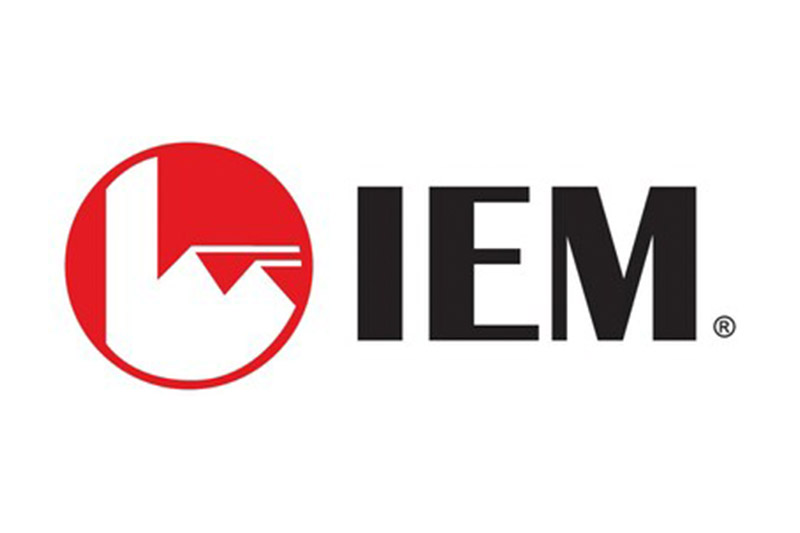Understanding Mpox: What You Need to Know
Staying ahead of emerging health threats is not just important – it is essential for our collective well-being. One such threat that is making headlines is mpox, formerly known as Monkeypox.
We use cookies to help you navigate efficiently and perform certain functions. You will find detailed information about all cookies under each consent category below.
The cookies that are categorized as "Necessary" are stored on your browser as they are essential for enabling the basic functionalities of the site. ...
Necessary cookies are required to enable the basic features of this site, such as providing secure log-in or adjusting your consent preferences. These cookies do not store any personally identifiable data.
Functional cookies help perform certain functionalities like sharing the content of the website on social media platforms, collecting feedback, and other third-party features.
Analytical cookies are used to understand how visitors interact with the website. These cookies help provide information on metrics such as the number of visitors, bounce rate, traffic source, etc.
Performance cookies are used to understand and analyze the key performance indexes of the website which helps in delivering a better user experience for the visitors.
Advertisement cookies are used to provide visitors with customized advertisements based on the pages you visited previously and to analyze the effectiveness of the ad campaigns.

Staying ahead of emerging health threats is not just important – it is essential for our collective well-being. One such threat that is making headlines is mpox, formerly known as Monkeypox.

With over 14 years of experience in grant management and disaster recovery, Aynette joined Team IEM in 2019 to support our on-island CDBG-DR-funded programs.

Featuring Bryan Koon, President and Chief Executive Officer, from IEM
As the frequency and severity of disasters increase, it is becoming essential for individuals to be aware of how they can better prepare for the effects of these incidents. This campaign highlights the importance of being prepared for a disaster, and acts as an educational guidebook for individuals, families, and communities most likely to be impacted in the upcoming year.

Carlos Ruiz is a professional engineer with an extensive background in housing and mitigation programs and administering multi-million-dollar construction projects in Puerto Rico.

Earl Randall III has an extensive background in housing and urban development and provides his expertise to guide compliance and monitoring in IEM’s disaster recovery programs.

Gustavo Santiago is an experienced project manager focused on federally funded housing programs, legal and regulatory compliance, risk assessment, and resource management.

The federal government announced a historic $7 billion investment to increase access to affordable, resilient, and clean solar energy. Focusing on low-income and disadvantaged communities, the Solar for All Program empowers the 60 selected participants – states, tribes, and nonprofits – to deliver solar projects to over 900,000 low-income and disadvantaged households nationwide.

Tim Lagudi is a driving force in IEM’s housing and disaster recovery programs. His expertise in program and grants management guides recovery projects to better serve applicants in need, more quickly and efficiently completing projects with positive outcomes.

As we navigate through the summer and into fall, it is increasingly clear that COVID-19 is still with us and here to stay. According to the World Health Organization (WHO), data from their sentinel-based surveillance system, across 84 countries, the percent of positive tests for SARS-CoV-2 has been rising over several weeks.

Dr. Debra Smith is a committed and well-known housing and disaster recovery expert. Since joining IEM in 2015, Debra’s strong leadership, meaningful insight, and all-around expertise have guided various disaster recovery programs to successfully assist communities’ post-disaster.

Industries
Capabilities
About IEM
Mission